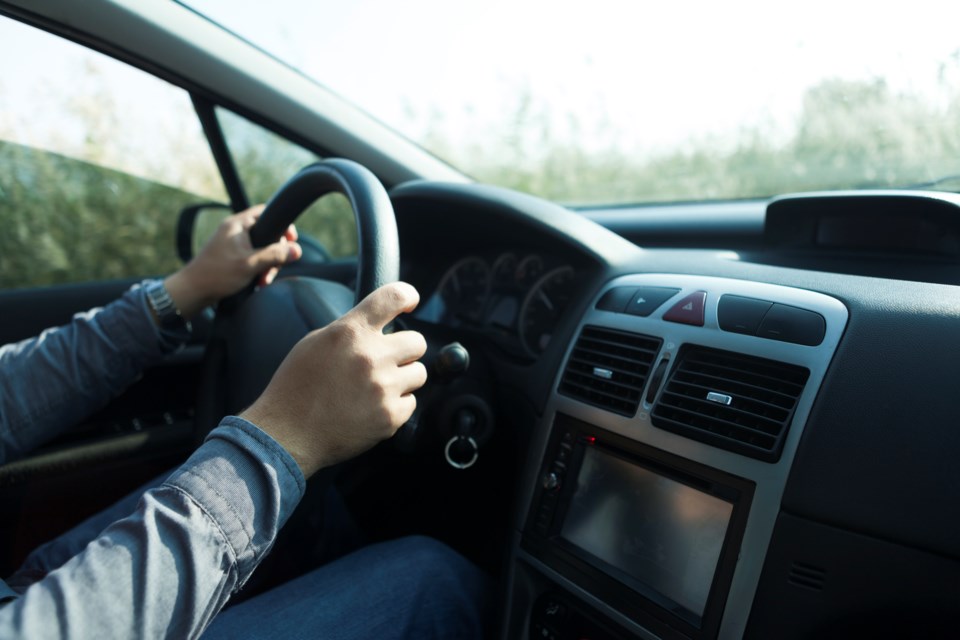A B.C. Supreme Court judge has upheld the convictions of a driver caught in Richmond during a RCMP operation targeting illegal ride-hailing services.
Haiya Zhang was convicted of three offences in July 2021. He had been charged with the offences on a traffic ticket after responding to a ride-hailing request made by a RCMP officer on March 13, 2020.
The convictions were appealed, but upheld by Associate Chief Justice Heather Holmes in a Dec. 8, 2021 judgment.
The offences included operating a commercial passenger vehicle without the required licence, operating a motor vehicle without the appropriate class licence and failing to display a valid inspection certificate for a motor vehicle.
The ticket had been issued during a RCMP sting targeting drivers providing unlicensed passenger services through a ride-hailing app which was referred to as “Udi” during the original trial.
In her judgment on the appeal, Holmes outlined how a RCMP officer had used the Udi app to request a ride from Richmond Centre to the SFU campus area in Surrey.
The app then provided an estimated fee of $53 for the trip and stated a driver would arrive in a white Volkswagen Passat, “as Mr. Zhang did shortly afterwards.”
The main issue at the original trial – which became the basis for Zhang’s appeal – was whether Zhang had asked the police officer if he was going to Surrey or just said “to Surrey,” according to Holmes.
Zhang was issued the ticket “very shortly” after he arrived and spoke to the officer, according to the appeal decision.
At the original trial, Zhang testified that he said, “to Surrey,” and had responded to the request for a driver to pick up and deliver something such as food or documents – not a passenger.
However, the trial judge accepted that Zhang had asked the officer if he was going to Surrey.
In his appeal, Holmes said Zhang argued he was not operating a commercial passenger vehicle and that there was not enough evidence to prove he did, including a lack of any evidence to show that money changed hands.
However, in her decision on Zhang’s appeal, Holmes said there was evidence at the trial that “compensation was contemplated” through the app.
“It made no difference that the compensation had not been paid by the time the ticket was issued,” said Holmes.
She also said she could not conclude that the trial judge’s finding of fact on what Zhang had said to the officer was wrong, unreasonable or unsupported by the evidence, and that Zhang had “not shown that any of these were the case.”
In his appeal, Zhang, who represented himself at the original trial and at the appeal, also noted English is not his first language and raised concerns about the amount of preparation he had been able to do before the original trial – raising issues about the fairness of that trial.
But Holmes said she found “no merit” in these arguments, as there was “extensive history” of the case which was not in dispute and was outlined in documents from the Crown.
Zhang’s appeal was dismissed and the convictions on the three offences were upheld.



